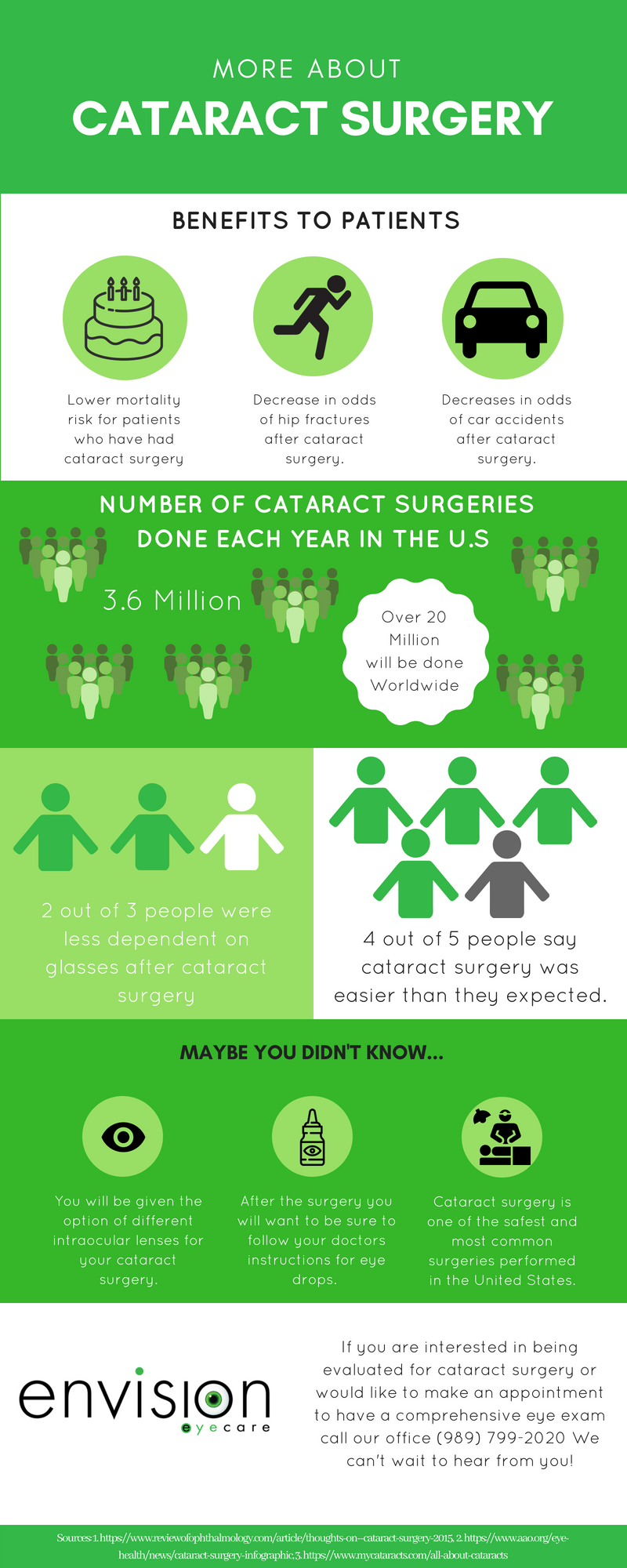Refractive Lens Exchange: The Future Of Vision Adjustment

Uploaded By-Knowles Chu
Imagine a future where you no more have to rely on glasses or call lenses to see clearly. A future where vision improvement is as easy as a quick, pain-free treatment.
Well, that future is closer than you might think. Introducing refractive lens exchange, an advanced technique to fixing your vision that might change the way you see the globe.
Yet just what is Road Conditions Washington DC , and why is it thought about the future of vision adjustment? In this discussion, we will certainly check out the benefits, the procedure, and the potential dangers of refractive lens exchange, providing you a peek into what exists ahead for those looking for clearer vision.
The Benefits of Refractive Lens Exchange
Refractive Lens Exchange offers numerous advantages for people looking for vision correction. By replacing your natural lens with an artificial intraocular lens, this procedure can correct a variety of vision issues. One of the major benefits of refractive lens exchange is the enhancement in visual acuity. Whether you're myopic, farsighted, or have astigmatism, this treatment can dramatically improve your capacity to see clearly without relying upon glasses or call lenses.
In addition, refractive lens exchange can additionally avoid the progression of specific eye conditions, such as cataracts. This indicates that not only will you accomplish better vision, but you'll additionally have actually a decreased risk of creating cataracts in the future.
With refractive lens exchange, you can take pleasure in enhanced vision and a higher quality of life.
The Procedure for Refractive Lens Exchange
When undertaking refractive lens exchange, the surgeon will start by making a little laceration in your cornea. This allows them to access the lens of your eye and remove it.
Below are 5 important steps involved in the procedure:
- The surgeon will carefully break up the lens making use of ultrasound waves or lasers.
- After eliminating the lens, they'll place a brand-new man-made lens, called an intraocular lens (IOL), right into your eye.
- The IOL is created to correct your particular vision issues, such as nearsightedness, farsightedness, or astigmatism.
- Once the new lens remains in location, the surgeon will close the laceration with little stitches or self-sealing techniques.
- The whole treatment normally takes less than half an hour and is commonly performed on an outpatient basis.
Complying with these actions, refractive lens exchange can offer you with boosted vision and lower your reliance on glasses or get in touch with lenses.
Potential Dangers of Refractive Lens Exchange
Before going through refractive lens exchange, it is very important to recognize the prospective risks related to the treatment. While refractive lens exchange is generally thought about safe, like any procedure, there are threats entailed.
One prospective threat is infection, which can occur if germs enters the eye during or after the surgical treatment. An additional risk is the development of enhanced intraocular stress, which can result in glaucoma. Furthermore, there's a small chance of experiencing corneal edema, which is the swelling of the cornea.
Various other prospective risks include retinal detachment, macular edema, and loss of vision. It's critical to review these risks with your surgeon and evaluate them versus the potential benefits before deciding.
Washington DC Nickname have it, individuals! Refractive lens exchange is absolutely the future of vision improvement. With its various advantages and advancements in innovation, this treatment offers a life-altering remedy for those battling with their vision.
But keep in mind, every climbed has its thorns. While refractive lens exchange might bring clarity, it is essential to be aware of the prospective risks involved. So, prior to taking the jump, evaluate the benefits and drawbacks, and consult with your ophthalmologist.
Besides, much better safe than sorry!

